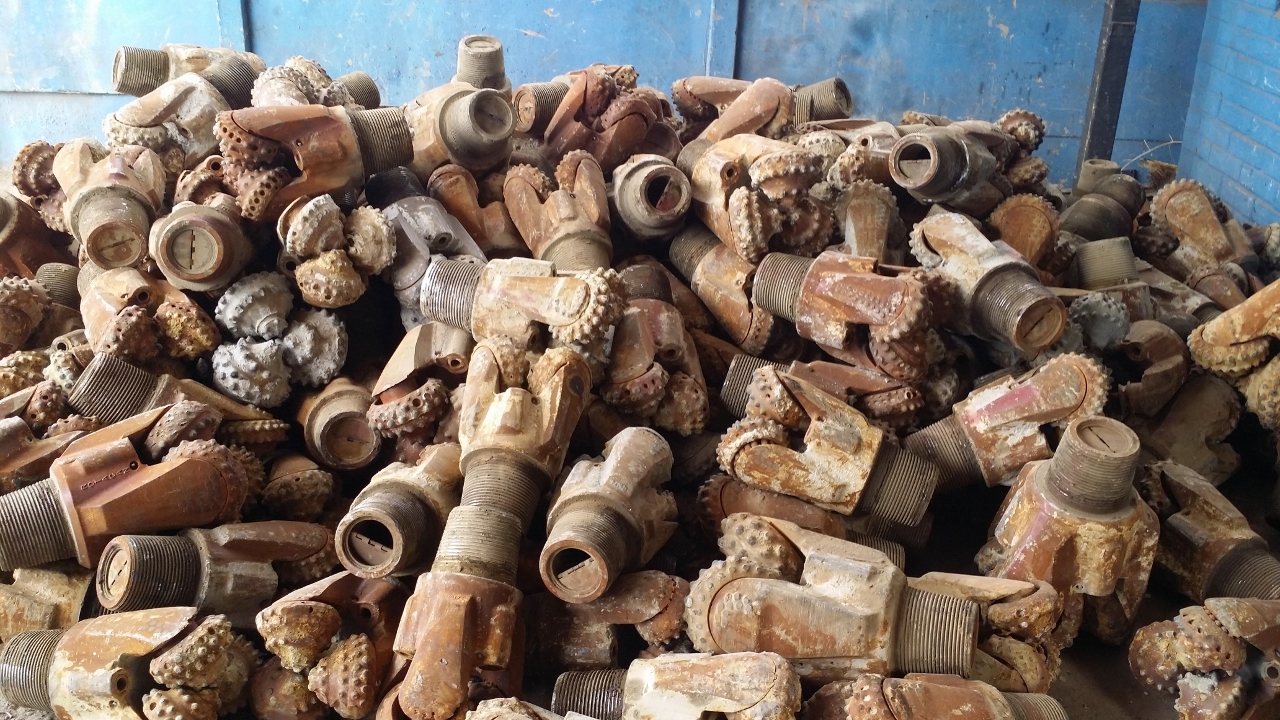Globe Metal is always looking to develop the most advantageous metal recycling solutions. As a result, one of our areas of specialty is recycling metal generated by the mining industry.
Continue readingImportant Facts About Tungsten Carbide Soft Scrap Recycling
Tungsten is a crucial raw material of great economic significance globally. It’s one of the most durable metals and has a variety of uses throughout many industries. That is why this post is designed to provide you with essential facts about Tungsten Carbide Soft Scrap Recycling. We’ll highlight its sources and forms, provide facts about how it’s recyclable, and detail particular security recommendations to consider when recycling this metal.
Tungsten Carbide Sources & its Forms
The most recognized source of carbide soft scrap, also known as “grinding swarf,” comes from metalworking manufacturing industries. It’s a product derived from grinding, finishing, cutting, shaping and forming when using tungsten carbide tools such as saws, drills, cutting tools, end mills and in-tool parts such as drill bits. Manufacturing is not the only industry that produces tungsten carbide soft scrap. In fact, a variety of industries produce it, including woodworking and petroleum. Also, the mining industry produces tungsten carbide soft scrap, as it is used as a coating spray.
There are many forms of Tungsten Carbide sludge to be recycled. They are:
- Scrap powder, which is the material used in the thermal spray process for hard facing.
- Filter scrap.
- Including scrap from carbide cartridge filters filled with wet or dry carbide or from metal or paper carbide filters.
- Tungsten alloys include:
- Densalloy-sludge
- Heviment-sludge and grindings
- Mallory allow-sludge, grinding.
Understanding The Composition of Your Recyclable Tungsten Carbide Is Key
Now that we’ve listed the different sources and forms of Tungsten Carbide and its untapped waste stream, you can see how a lot of these soft scrap materials are recyclable. We can also agree that most manufacturers have a good knowledge of materials going into their processes and the waste stream coming out. Most industries have access to a safety data sheet (SDS), which is a catalogue where you can the find complete information on the chemical composition of all materials.
It’s best that you have some reasonable idea of what other materials are in your sludge, grinding or powder materials. If you have no idea of the composition, Globe Metal is fully transparent with its ICP testing and can give you full lab results. We’re specific with every load of soft metal material that we receive. As for moisture content, there is no issue for recycling, as Tungsten Carbide can is recyclable whether it is wet or dry.
Special Security Recommendations
Many manufacturing industries can naturally produce dust in large quantities. With health and safety standards in place in the province of Quebec and Canada, there are control measures to regulate the amount of dust that goes into the atmosphere, and there are provisions for respiratory protection. These same safety standards need to be in place when collecting your soft metal materials for recycling as well. From a health and safety standpoint, it’s always best to proceed with caution. Soft metal dust is an irritant and can be harmful to your lungs.
Store your sludge, grindings, and turnings in a secure area, as Tungsten Carbide is a high-value commodity. We’ve heard many stories from companies we work with that find this material missing. Once again erring on the side of security is best.
Conclusion
It takes time to gather the right information. If you need any more guidance, feel free to reach out with your questions. Globe Metal specializes in helping companies recycle soft metal materials.
Globe Metal purchases and provides metal recycling and reclamation services for spent catalysts, metal scrap, residues, sludges and slurries. Spent catalysts, residues and sludges may contain one or more metals or metal compounds: cobalt (Co), copper (Cu), chromium (Cr), gallium (Ga), gold (Au), iridium (Ir), molybdenum (Mo), nickel (Ni), niobium (Nb), palladium (Pd), platinum (Pt), selenium (Se), tellurium (Te), Titanium (Ti), tungsten (W), rhenium (Re), rhodium (Rh) and others.
For recycling solutions or to sell your spent, waste, scrap, residual, or off-spec material containing metals or metal compounds, please send us an email at sales@globemetal.com or reach out to us at 1-800-700-6382.
Follow us on LinkedIn and like us on Facebook to learn about metal recycling knowledge and latest news.
Globe Metal is a proud member of Minor Metals Trade Association.


